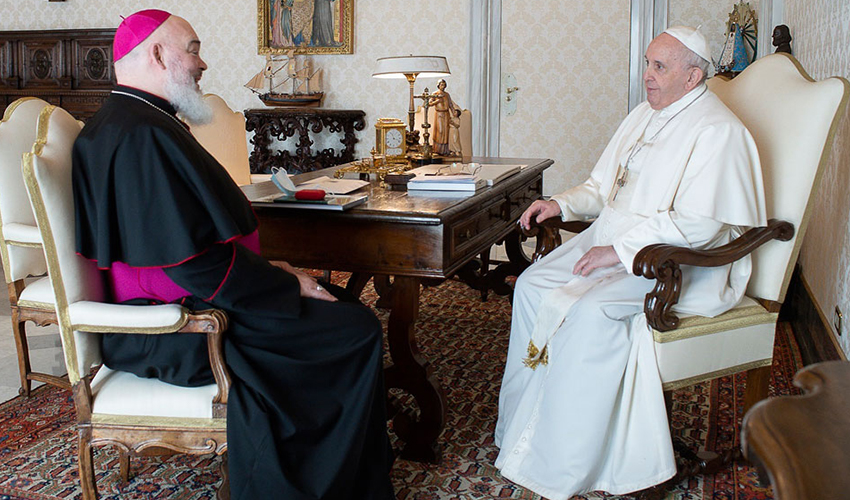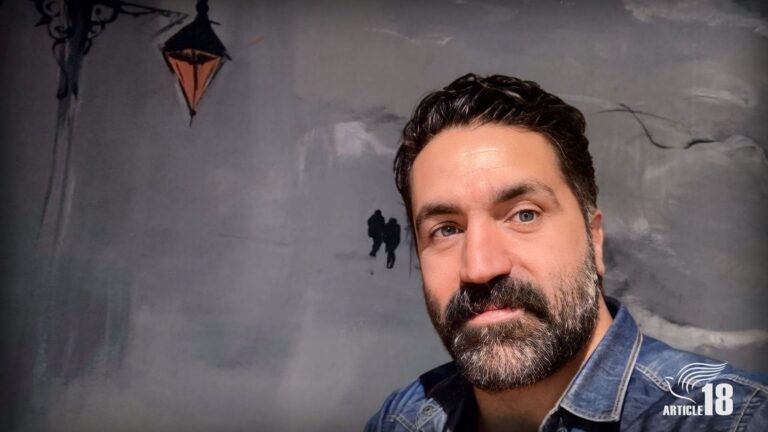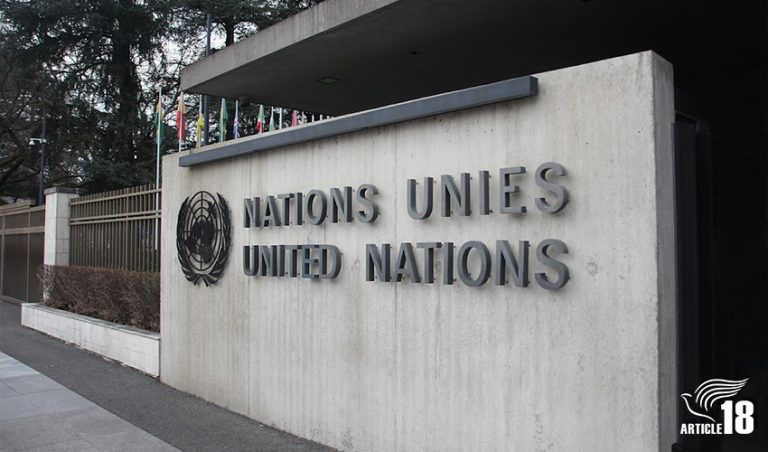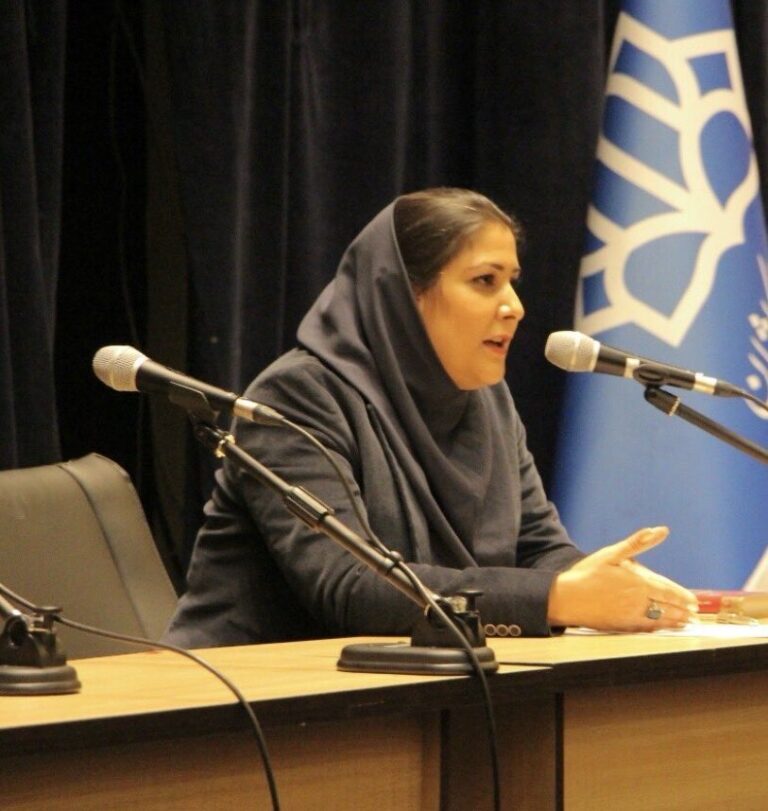
Photo: Vatican Media
Pope Francis has chosen the archbishop of the Catholic Church in Iran as one of his new cardinals.
Fr Dominique Mathieu, who has led the Tehran-Isfahan archdiocese since 2021, will be one of 21 new cardinals appointed by the pope in December and the first ever to be based in Iran.
The Tehran-Isfahan archdiocese is one of the smallest in the world, with just six parishes and an estimated 2,000-6,000 members, comprised almost entirely of ethnic Assyrians and Armenians, and expatriates.
Fr Mathieu told AsiaNews he views the role of Catholics in Iran as being like “leaven in a country characterised by great human, social and spiritual ‘riches’, a country where religious worship can be a struggle, even if religious freedom is formally guaranteed”.
He added: “When one cannot preach with the word, we preach with our lives and bear witness with our very lives to God’s love. I believe this is also what is expected from Christians.”
The archbishop, who is from Belgium and speaks five languages, said his appointment could be seen as a “further sign for the Church, the people of God, of the incessant desire to weave and strengthen bonds with all peoples, in this case Iranians in general and their leaders in particular”.
The 61-year-old described Iranians as “very welcoming” and said “everyone is interested in Iran because it is a country with many resources, not only natural but also intellectual. The country is not just chadors and beards, as often portrayed, erroneously, by the media in the West”.
The pope said the appointment of cardinals from all around the world highlighted “the universality of the Church, which continues to proclaim God’s merciful love to all people on Earth”.
Background
At the time of his appointment as archbishop, Fr Mathieu said he was motivated by “keeping alive the historical Christian presence in Iran”. But in a nod towards the challenges he may face, Cardinal Leonardo Sandri, in his commissioning speech, called on the archbishop to “speak with life before words” by “being salt in that land and offer[ing] the gentle light of the Gospel”, of which “no-one should be afraid”.
Some Catholics have been among the many Christian converts arrested in recent years, though only one such case has been publicly reported: that of Anousheh Rezabakhsh, known as Veronica, and her son Soheil, known as Augustine, who were arrested in February 2017 in Orumiyeh, north-western Iran, and later sentenced to five years in prison for “acting against national security by conducting evangelistic activities”.
“Catholic churches are closely monitored with surveillance cameras by the government and religious schools are limited in what they can teach,” CNA reported at the time of Fr Mathieu’s appointment as archbishop.
A year later, an article by the Chaldean bishop of Orumiyeh, Thomas Meram, in which he spoke of the “many difficulties” faced by the Catholic community in Iran, elicited an angry response from the Iranian embassy to the Holy See.
Fr Meram claimed Fr Dominique Mathieu had not been able to enter Iran, despite his appointment a year prior, and noted how a long-serving Italian nun, 75-year-old Sister Giuseppina Berti, had also been denied a renewal of her visa.
In a strongly-worded response, the Iranian embassy demanded a rebuttal of the “completely false and unfounded” article, claiming the archbishop had entered Iran on 12 November 2021 and “now devotes himself to his activities”, and that Sister Berti’s residence permit “was renewed and she continues to live in the house of her congregation without any difficulty”.
The embassy added that the claims made in the AsiaNews article “harm the good bilateral relations between the Holy See and the Islamic Republic of Iran”; that Christians “continue to enjoy the religious freedom to carry out their activities, worship in their churches and devote themselves to their programmes in accordance with the laws of the Islamic Republic of Iran”; and that Christians “also have their own representatives in the Islamic parliament”.
AsiaNews, while publishing the rebuttal as requested, commented: “We are happy that Mgr Mathieu and Sister Berti are in Iran and able to carry out their ministry.
“We are, however, surprised by the tone of the reaction to an article that – in its essential part and in its title – simply gave an account of the life of the Chaldean Catholic community in Iran, describing its activities and mentioning concerns that its small size makes evident to all.
“We dare to think that the fate of the good bilateral relations between the Islamic Republic of Iran and the Holy See has very little to do with an error in a paragraph of an article in AsiaNews.”
Iran has had diplomatic relations with the Vatican for 70 years, and in the past Vatican spokespeople have been instrumental in securing the release of imprisoned Christians, including Mehdi Dibaj, who had been sentenced to death for apostasy and was killed shortly after his release, and Maryam Rostampour and Marziyeh Amirizadeh, who spent nearly nine months in Tehran’s Evin Prison.



0 Comments
Trackbacks/Pingbacks